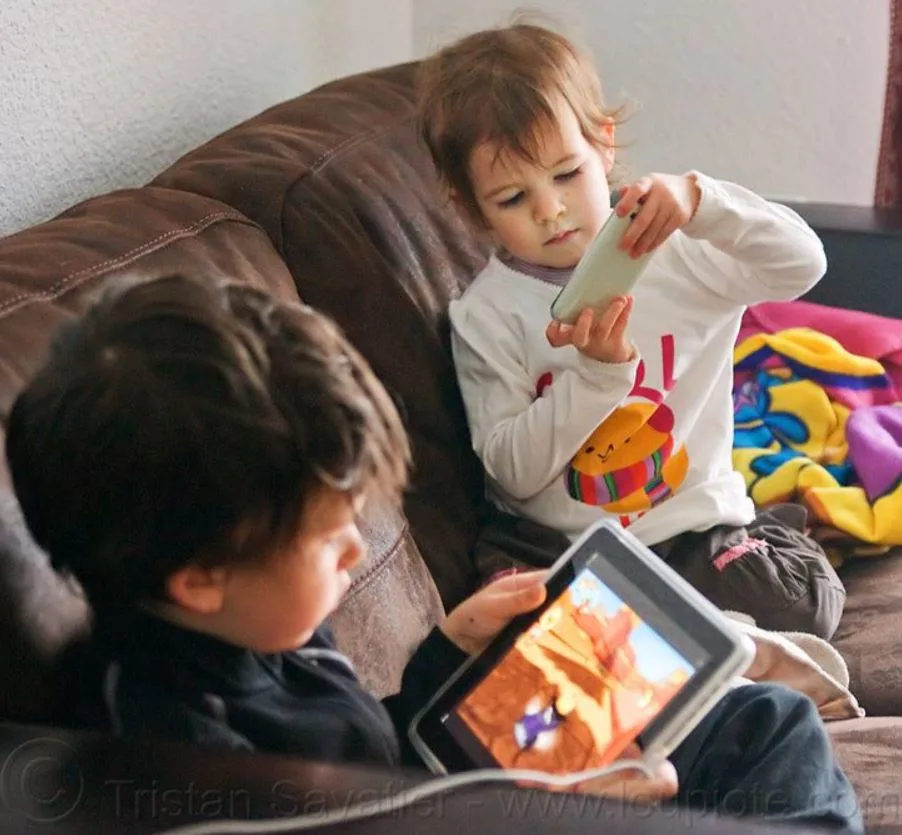Social networks are now an essential component of our lives in the digital age. They give us a way to stay in touch with our loved ones, a forum for exchanging ideas, and a never-ending supply of knowledge and amusement. But when it comes to kids, parents disagree sharply over whether it’s appropriate or inappropriate to let them use social media at a young age. Concerns regarding social development, safety, and the effects of technology on developing brains are brought up by this topic.
Early social network use for kids is generally supported by the claim that it fosters the development of critical digital literacy abilities in them. Early social media exposure, according to proponents, can teach kids how to communicate with others online, traverse the online world, and grasp the subtleties of online communication. In a world where technology is so integral to daily life, some parents contend that these abilities are necessary for success in the future. Young children can be better equipped to face the problems of the digital world by learning responsible social network usage.

Early adopters of social networks also contend that these sites can encourage self-expression and creativity. Children have a special opportunity to express their ideas, creations, and views with a larger audience through social media. This can help children become more self-assured, creative, and help them form an identity. For example, youngsters can display their artistic, musical, or narrative abilities on platforms like Instagram and TikTok.
Furthermore, some parents think social media might aid in kids’ development of critical social skills. Online communication is starting to take the place of in-person conversation in today’s increasingly digital society. Children can learn how to establish and sustain connections, handle disagreement, and work with peers by interacting with others on social media. Additionally, social media platforms can give kids—particularly those who might feel alone or find it hard to make friends in person—a feeling of connection and belonging.

However, there are also serious worries regarding the possible drawbacks of early social network exposure. The threat posed by cyberbullying and internet predators is among the most urgent problems. Because of the anonymity provided by the internet, it may be simpler for bad actors to target young victims. Children could be exposed to improper communications, dangerous content, or even peer harassment if they are not properly supervised. These encounters may have long-lasting emotional and psychological repercussions, such as despair, anxiety, and a lowered sense of self-worth.
The effect of social media on kids’ mental health is a significant additional worry. Excessive usage of social media, especially among younger users, has been linked to feelings of despair, loneliness, and low self-esteem, according to studies. These influences have the potential to warp their self-image and impede their emotional development at a time when they are still forming their sense of self.

Early social network exposure can also hinder a child’s development in other domains. For example, an excessive amount of time spent on social media can interfere with physical activity, in-person relationships, and academic obligations. This may lead to a lack of concentration, a shorter attention span, and subpar academic performance. Furthermore, sleep patterns might be disturbed by social media’s constant stimulation, which can result in exhaustion and other health problems.
Many parents think it is advisable to wait until their kids are older and more mature to introduce them to social networks because of these worries. They contend that it takes time for kids to acquire the critical thinking abilities, mental stability, and sense of accountability needed to use social media in a responsible and safe manner. Parents may help their children in the meantime by establishing limits, keeping an eye on their online behaviour, and educating them about the advantages and disadvantages of social media.

Early exposure may have advantages for social and digital literacy development, but there are also hazards for mental health, safety, and general development that should not be disregarded. In the end, the choice should be made after carefully weighing the possible benefits and drawbacks, the maturity level of each child, and the advice given by parents. Finding a balance is essential to ensuring that kids can take advantage of social media’s advantages without falling prey to its dangers, as it is with many other elements of parenting.




